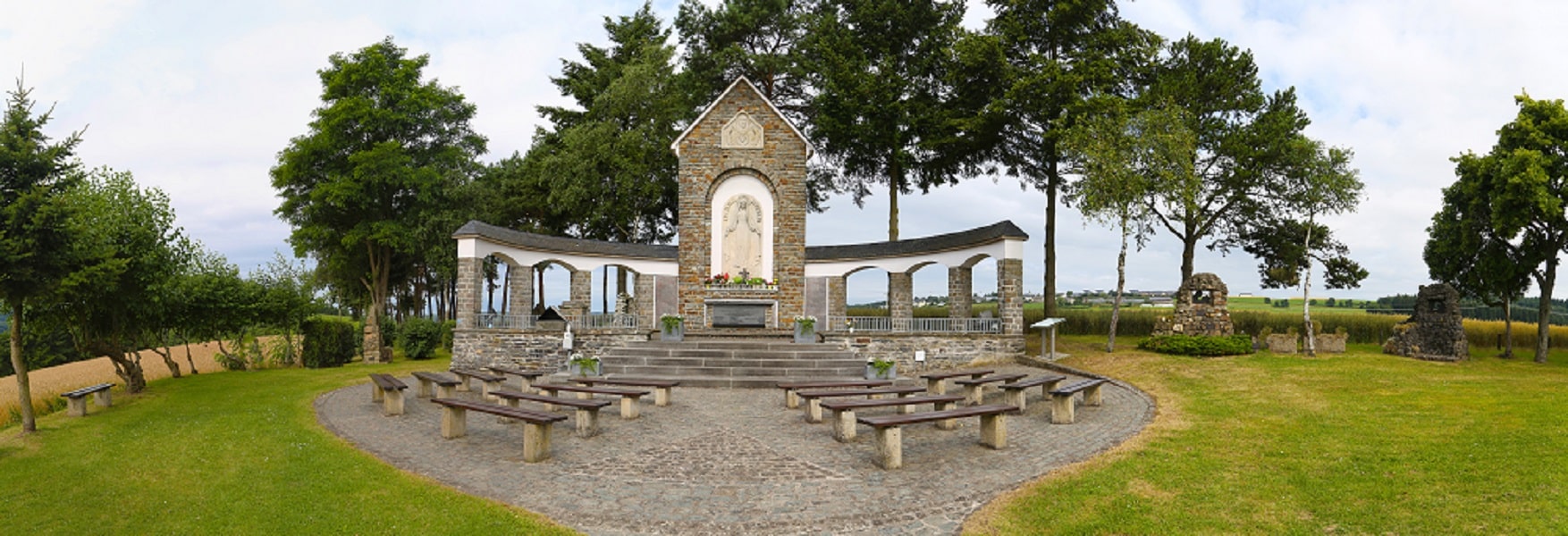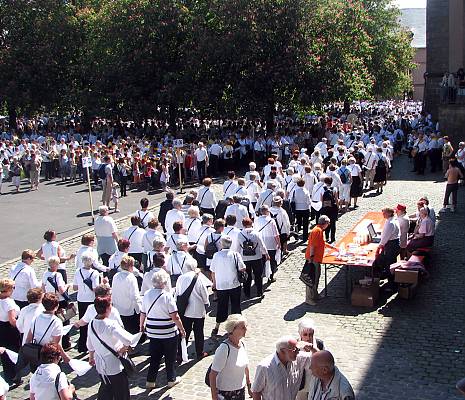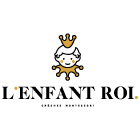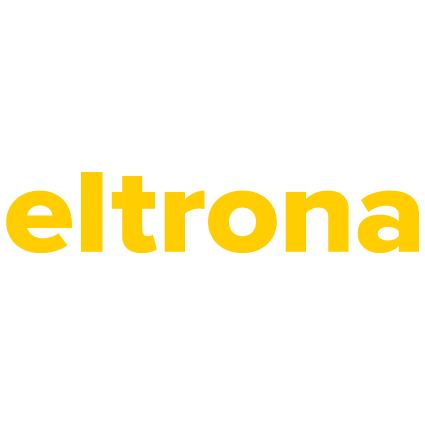Moving to a new country can sometimes make it difficult to understand and express yourself in a new language. To help you settle into life in Luxembourg, we've put together a short Luxembourgish conversation guide with the basic phrases you need to know. Luxembourg natives will appreciate your efforts to speak a little Luxembourgish.
Over 25,000 people arrive in Luxembourg every year. This represents almost 4% of the population! In other words, knowing the essential expressions in Lëtzebuergesch will make it easier for you to make contact and get to know each other.
10 basic expressions to know in Luxembourgish
Moien/ Äddi
To make contact easier, remember these 2 simple Luxembourgish words: "Moïen" for "hello" and "Äddi" for "goodbye". It's important to know how to say "hello" and "goodbye" in the native language of the residents you're talking to.
In the afternoon, you can use "Gudde Metteg" and in the evening, you can also greet your interlocutors with "Gudden Owend" or "Owend".
Wéi geet and Iech/dir?
The basic greeting in Luxembourgish is " Wéi geet et Iech? The response to this phrase is: " Et geet mir gutt. A bäi dir?". Which means: "I 'm fine, how are you? What better way to start a conversation than with the famous " How are you?
Villmools Thank you
Use the expression " Merci " or " Villmols Merci" when you want to thank someone in Luxembourg. You'll often get the response " Keng Ursaach " or " Gär geschitt ", which mean "You're welcome " and "You're welcome " respectively.
Wann ech gelift
"Wann ech gelift" is widely used in Luxembourg. It's the equivalent of "s'il vous plait".
But this expression is more than just a polite way of asking for something. It's used in stores, for example, when handing something to someone. This is the case, for example, when you're paying for an item.
Ech heeschen (...)/ Ech si(nn)
When you introduce yourself to someone, after the "Moïen" say " Ech heeschen " followed by your first and last name. When trying to strike up a conversation with someone, it's very important to introduce yourself. It's a key step in making contact with your Luxembourgish interlocutor in the administration or in everyday life.
You can also introduce yourself by saying "Ech sinn d'Madamm ..."(I am Madame....) or "Ech si den Här ..."(I am Mr...) followed by your name.
Does someone introduce themselves to you? You can reply with "Et freet mech", which means "How do you do?
Et deet mir Leed
Would you like to apologize in Luxembourgish when you bump into someone in the street, or for any other reason? Use theLuxembourg apology expression "Et deet mir Leed". It's the equivalent of our "désolé(e)!
You can also use "Entschëllegt", which means "Excuse me".
Ech sichen (...)
Are you lost in Luxembourg or looking for something in particular? To tell your Luxembourgish interlocutor that you're looking for something, use the expression "Ech sichen " followed by the place, thing or person you're looking for. This phrase is synonymous with "Je cherche (...)" ("I'm looking for (...)").
Kënnt Dir e bësse méi lues schwätzen, wann ech gelift?
If you want to ask the other person to speak more slowly, here's the Luxembourg phrase to use: "Kënnt Dir e bësse méi lues schwätzen, wann ech gelift?". It means "Can you speak more slowly, please?
Understanding native speakers when you arrive in a new country and learn the language can sometimes prove complicated. You can justify your request by saying " Ech schwätzen e bësse Lëtzebuergesch ", which means "I speak a little Luxembourgish ".
Kënnt Dir dat widderhuelen, wann ech gelift?
To ask someone to repeat what they have just told you in Luxembourgish, use " Kënnt Dir dat widderhuelen, wann ech gelift? " which means " Can you please repeat?" .
Understanding someone speaking in a foreign language the first time can be very difficult. This sentence will help your interlocutor understand that he's talking too fast.
Wéi seet een dat op Lëtzebuergesch?
" Wéi seet een dat op Lëtzebuergesch " means " How do you say that in Luxembourgish? If you're learning Luxembourgish, but don't know the correct word to use for the thing you want to refer to, use this phrase.
Luxembourgish conversation guide
Want to take your exchanges with Luxembourgish people a step further? We've put together a short conversation guide for you. It should help you on your first trips to Luxembourg or when looking for a job.
When you arrive in Luxembourg, here are a few useful words and phrases to introduce yourself and get the conversation going.
Ech léiere Lëtzebuergesch
"J'apprends le luxembourgeois" (I'm learning Lëtzebuergesch) is said in French: "Ech Léiere Lëtzebuergesch" (I'm learning Lëtzebuergesch).
You can add "Kënnt Dir e bësse méi lues schwätzen, wann ech gelift?" which means "Can you speak more slowly, please?"
"Kënnt Dir dat widderhuelen, wann ech gelift?" is a good way to ask the other person to repeat himself.
"Wéi seet een dat op Lëtzebuergesch?" will show you how to say something in Luxembourgish.
Other useful expressions in Luxembourgish
"Ech si net averstanen": this expression lets you say that you don't agree with what the person is proposing.
Un moment, s'il vous plait, translates as "Een Ament, wann ech gelift".
Ce n'est pas grave" or "Et ass net schlëmm".
Want to help someone? You can ask "Wat kann ech fir
Iech maachen?" This phrase in Luxembourgish is the equivalent of "What can I do for you? ".
What time is it? translates as "Wéi spéit ass et?" or "Wéivill Auer ass et?"
No change in a store? You can say: "Ech hu keng Mënz".
What's the weather like? is said: "Wéi ass d'Wieder?" If the weather is fine, you can answer "D'Wieder ass schéin".
In a restaurant, would you like to ask what the special of the day is? You can say: "Wat hu Dir als Plat du jour?"
Want to ask someone out for a drink? You can say, "Gi mer e Patt huelen?"
At the doctor's
J'ai mal à la tête translates as "Ech hunn de Kapp wéi".
Are you ill? You can say "Ech si krank".
Learn Luxembourgish for free: some tools
llo.lu - Luxembourgish language learning platform
The Luxembourg government has set up a free platform for learning Luxembourgish, llo.lu. Here you'll find a range of exercises and level tests.
LOD - Lëtzebuerger Online Dictionary
The Lëtzebuerger Online Dictionnaire is a multilingual online dictionary produced by the Luxembourg Ministry of Culture. It lists the words of the Luxembourgish language and offers their translation into German, French, English and Portuguese.
The LOD also covers all the basics of grammar and conjugation. It should be useful for everyone... You can consult it at www.lod.lu.
It's also now available as an app to download on iOS and Google Play.
Spellchecker.lu
The Spellchecker.lu platform also lets you check the spelling of a word in Luxembourgish. This platform is also an initiative of the Luxembourg government.
All the reasons you need to learn Luxembourgish! Find out more about language courses in Luxembourg.
Every effort is made to facilitate the integration of children into the Luxembourg school system. From the moment they arrive, they benefit from language support courses . In just a few months, they will quickly become bilingual.










